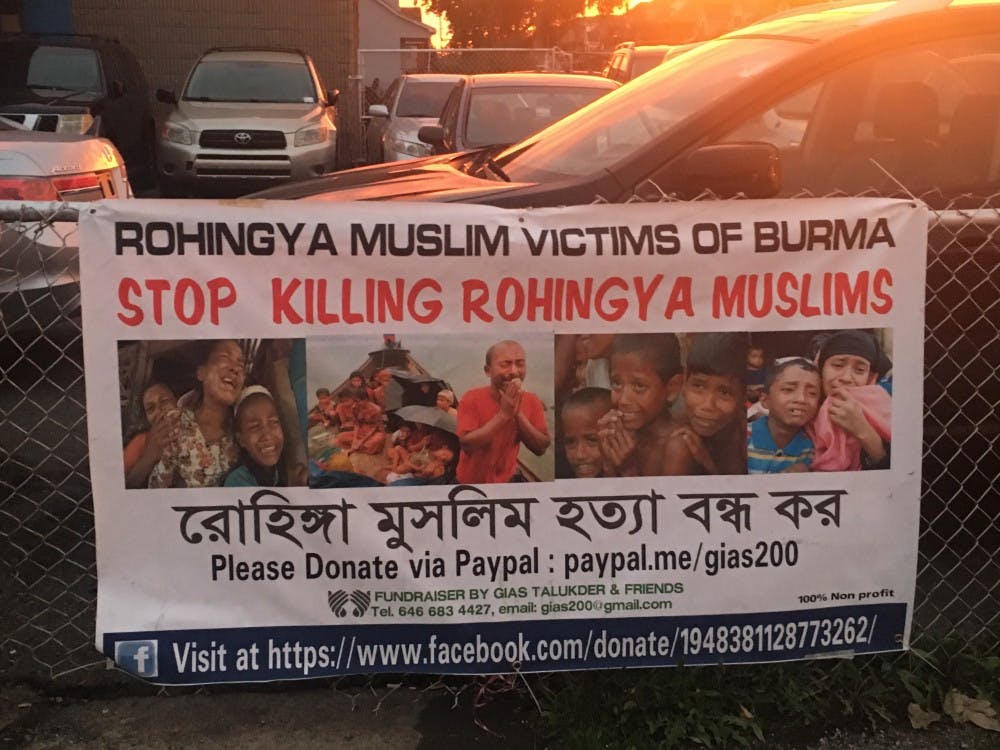The Rohingya crisis in Myanmar, an Asian country, is “the world’s fastest growing refugee crisis,” according to the BBC’s news website. Myanmar, a majority Buddhist nation, denies the citizenship of the Muslim Rohingyas and has forced them to leave the country. The BBC reports that Myanmar military groups have killed Rohingya civilians.
Many Muslim students from Detroit and Hamtramck attend Benjamin Carson High School. They feel the crisis in Myanmar has an impact on them.
“I’ve seen people protest in Hamtramck and Dearborn,” said Benjamin Carson junior Osama Al-Dahan.
Ruma Taher, a junior, learned about the problem through social media.
“I first heard about it through a post on Instagram and it really caught my attention, so I researched,” said Taher, “This is a nightmare that I can wake up from, but those in Myanmar can’t.”
Two hundred or more villages in Rakhine state, the area where the Rohingya people live, were destroyed with fire after August 2017, according to the BBC. They report that at least 800,000 Rohingya refugees have fled to nearby Bangladesh.
“It’s not right,” said Al-Dahan. “and it’s surprising how there is still this kind of stuff going on.”
“ It doesn’t make sense to have hate towards one religion for no good reason.” said junior Zahra Cham.
Some students want to take action to help raise awareness.
“As a Muslim, this crisis brings tears in my eyes and it breaks my heart, it truly does,” said Taher. “But at the same time it doesn’t matter whether or not you're Muslim. Everyone should feel something towards this inhuman cruelty.”
“I protested and contributed money. Protesting felt supportive and empowering. It felt like we were being impactful and making a difference,” said Al-Dahan. “This needs attention and needs the nations’ help.”
“First and foremost, we need to educate ourselves,” said Taher. “Then we must educate and spread awareness to those around us, whether it be through Snapchat, Instagram, Facebook or Twitter. Fortunately for us, we all have a platform where we can broadcast this news and help spread awareness so that officials can take the measures they need in order to help the people in Myanmar.”
Readers who wish to donate may contribute to the cause by visiting www.rescue.org.



